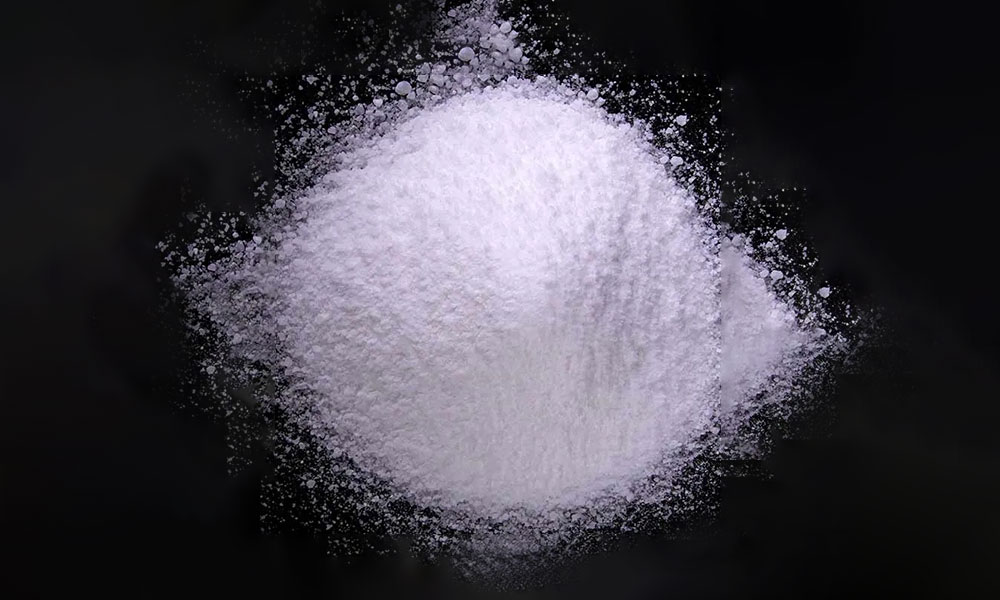Polycaprolactone (PCL) is a high molecular weight organic polymer produced by ring-opening polymerization of ε-caprolactone monomer under the catalysis of metal anion complex catalyst. It is a semi-crystalline linear aliphatic polyester.

Polycaprolactone with cas 24980-41-4 has good processing characteristics and can adapt to a variety of processing methods such as extrusion, injection molding, and film blowing. This makes it highly flexible in the production process and can be processed into products of various shapes and sizes according to different needs.
Polycaprolactone exhibits excellent biocompatibility. It has good compatibility with biological cells in the body, cells can grow normally on its scaffold, and can be degraded into CO₂ and H₂O. This property makes polycaprolactone have a wide range of application prospects in the medical field, such as being used as a controlled release drug carrier, cell and tissue culture medium frame, and fully degradable plastic surgical sutures.

Under the background of global “plastic ban”, polycaprolactone has become a rising star in the field of biodegradable plastics with its good biodegradability. As people’s awareness of environmental protection continues to increase, the demand for biodegradable materials will continue to grow.
As a biodegradable green and environmentally friendly material, polycaprolactone has broad application prospects and huge potential in future sustainable development. With the continuous advancement of technology and the continuous expansion of application fields, polycaprolactone will surely play a more important role in various fields.
